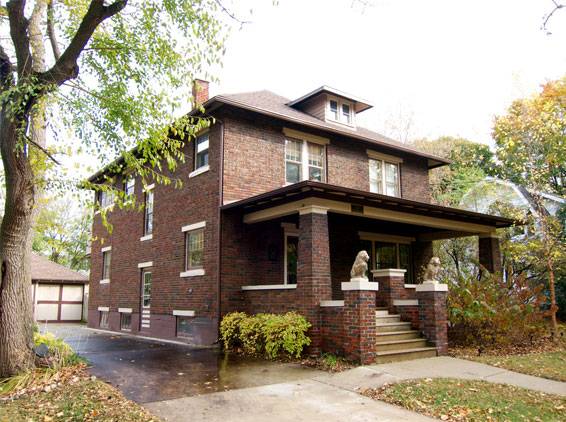Is it time to sell your second home?
Selling a second home is a big decision. It’s not just about finding a buyer and getting the most money you can for it—it’s about making sure your family is comfortable with the sale and that the home will be in good hands.
Here are some things to consider before you put your second home on the market:
- Is the house in good condition? If not, what needs to be fixed before it hits the market?
Keep in mind that buyers expect your home to be in move-in condition, so you’ll want to prioritize any repairs or upgrades that need to be done before you list it. It’s also a good idea to do a pre-inspection of the home to see what minor repairs the inspector recommends. The inspection can also alert you to any major defects that aren’t immediately obvious, so you can fix them in advance and avoid having to make costly concessions after the home has already been conditionally sold. Often times a bit of work upfront, often translates into a lot of money saved in dicounts or considerations!
- What are its pros and cons? Are there any features of this house that make it unique or desirable? Is it located in an area that’s growing or developing quickly?
These factors can have a major impact on the value of the property, so be sure to highlight the positives of your property in your marketing materials. It’s also important to address any concerns that may be a potential turnoff for potential buyers. For example, if the house is in a popular neighborhood that’s undergoing construction, you may want to mention this upfront and offer to show prospective buyers photos before and after the construction. This will help to build trust with potential buyers and eliminate any potential concerns about their home value going up and falling unexpectedly.
- How long have you owned this property? If it’s been a long time, have you considered whether or not now might be a better time than later to sell?
A lot of people find that selling a vacation home can be financially rewarding—but you may decide it’s not the right time for you. If so, you should carefully consider whether you should continue holding on to the property or lease it out instead. Renting your vacation home out while you’re away can provide a source of passive income and may even allow you to offset some of your property expenses. On the other hand, depending on your situation, you may find that owning a rental property is more work than you’re willing to take on, or you may simply want to keep your home as your personal retreat during vacation periods. In this case, renting it out may not be the best option for yourself. The best way to know for sure whether it’s a good time to sell is to get a good estimate of how much your property is worth today. Your real estate agent can help you determine the approximate value of your property. Once you have this information, you can make an informed choice about whether the time is right for you to sell your home.
- If there are other properties available that could be bought instead of yours, would those properties work better for your needs than this one?
If your property isn’t likely to be a good fit for most buyers because of its location or condition, you may have a hard time selling it. For this reason, it’s a good idea to spend some time doing some research on the types of properties that are most commonly bought and sold in your area and do a little market research on the local market. This will give you a better idea of what kinds of properties buyers and sellers are looking for in your area and help you decide how best to optimize the value of your real estate. You should also consider looking for a buyer who doesn’t need to put any money into the property to qualify for financing. This will make it easier for you to close the sale and prevent the buyer from having to come up with the money for repairs or other repairs before the closing.
- Is selling the property the best option to meet your long-term financial goals?
It’s important to spend some time thinking about your long-term goals and make sure that your plans don’t conflict with your decision to buy or sell a property. For example, if you want to build a nest egg for retirement, it may be better to keep your current home as an investment rather than sell it and buy a new property that you can rent.
Selling your home can also have an impact on your ability to qualify for other types of financing in the future. If you’re planning to apply for a mortgage shortly, for example, don’t change jobs or start incurring any other new debt before you submit your application (Yes, this includes credit cards!). This will help to keep your credit rating in good standing and help to minimize the risk of your application being rejected due to your poor credit history.
If you’re considering selling your home shortly, it’s important to keep in mind that the real estate market is a competitive one these days. To maximize your chances of attracting the attention of potential buyers and obtaining a favorable sale price for your home, it’s important to do your research and create a listing strategy that highlights the strengths of your home while minimizing its weaknesses. Working with an experienced real estate agent can be a great way to ensure that you have the most up-to-date information about the market and can give you the advice and support you need to maximize your chances of a successful sale.
Categories
Recent Posts



